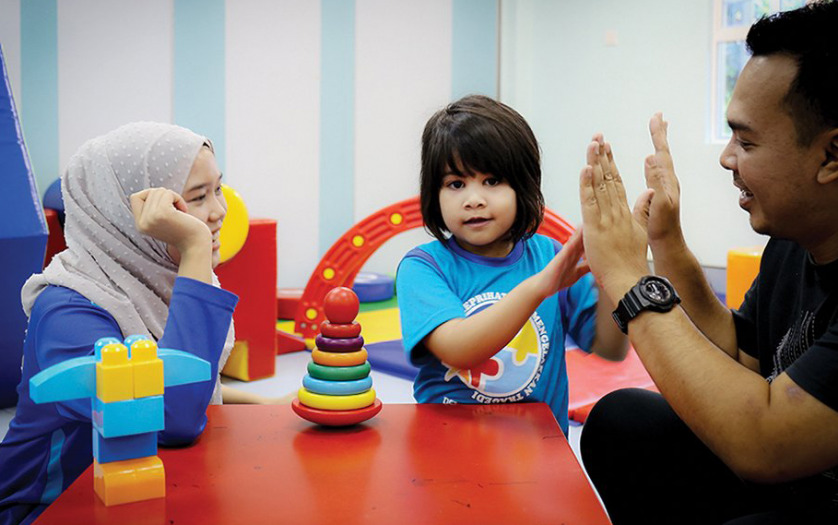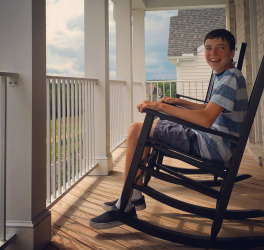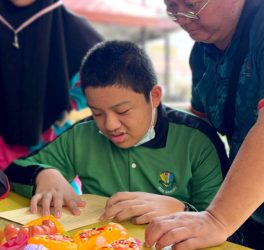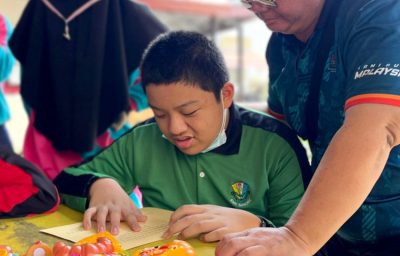
Raising a child with autism is challenging, and support systems can be difficult to access in Malaysia. Growing numbers of children are being referred to medical specialists, while enrolments in special needs programs doubled between 2006 and 2013.
Most research on autism has focused on the developed world and little is known about the experiences of parents in Malaysia.
Researchers from Universiti Teknologi MARA, Monash University Malaysia, and colleagues wanted to learn more about Malaysian parents’ experiences raising children who have autism. They interviewed 22 parents of 16 primary-school-age children with autism about their initial reaction to their child’s symptoms and diagnosis, their awareness about autism, how family life was affected, their coping strategies and becoming resilient.
Initially, more than half the parents sought help when they noticed differences in their children’s behaviour or delays in development. Plans and routines were adjusted, along with expectations for their children’s futures.
Inadequacies in the medical and education system contributed to a significant amount of parental stress. They found it difficult to find support, interventions, and therapies, in part due to a lack of knowledge about autism among health professionals. Poor information and resources characterized the entire journey, from diagnosis to trying to access treatment and support.
Parents felt they faced social stigma and often felt judged or that they were labelled as a bad parent by their community due to the public’s lack of awareness about autism.
“In Malaysia, we can see that people were not so comfortable with my son’s tantrums and difficult behaviour. From the way they stared at us, we know.” One father shared his experience of his son throwing tantrums at the shopping complex.
The researchers held workshops to share the outcomes of their study with colleagues, parents, educators, health practitioners, university students and the public.








